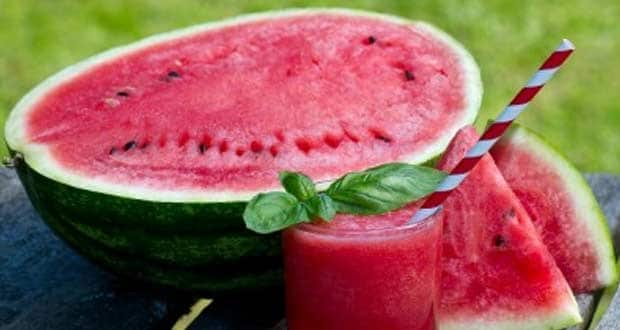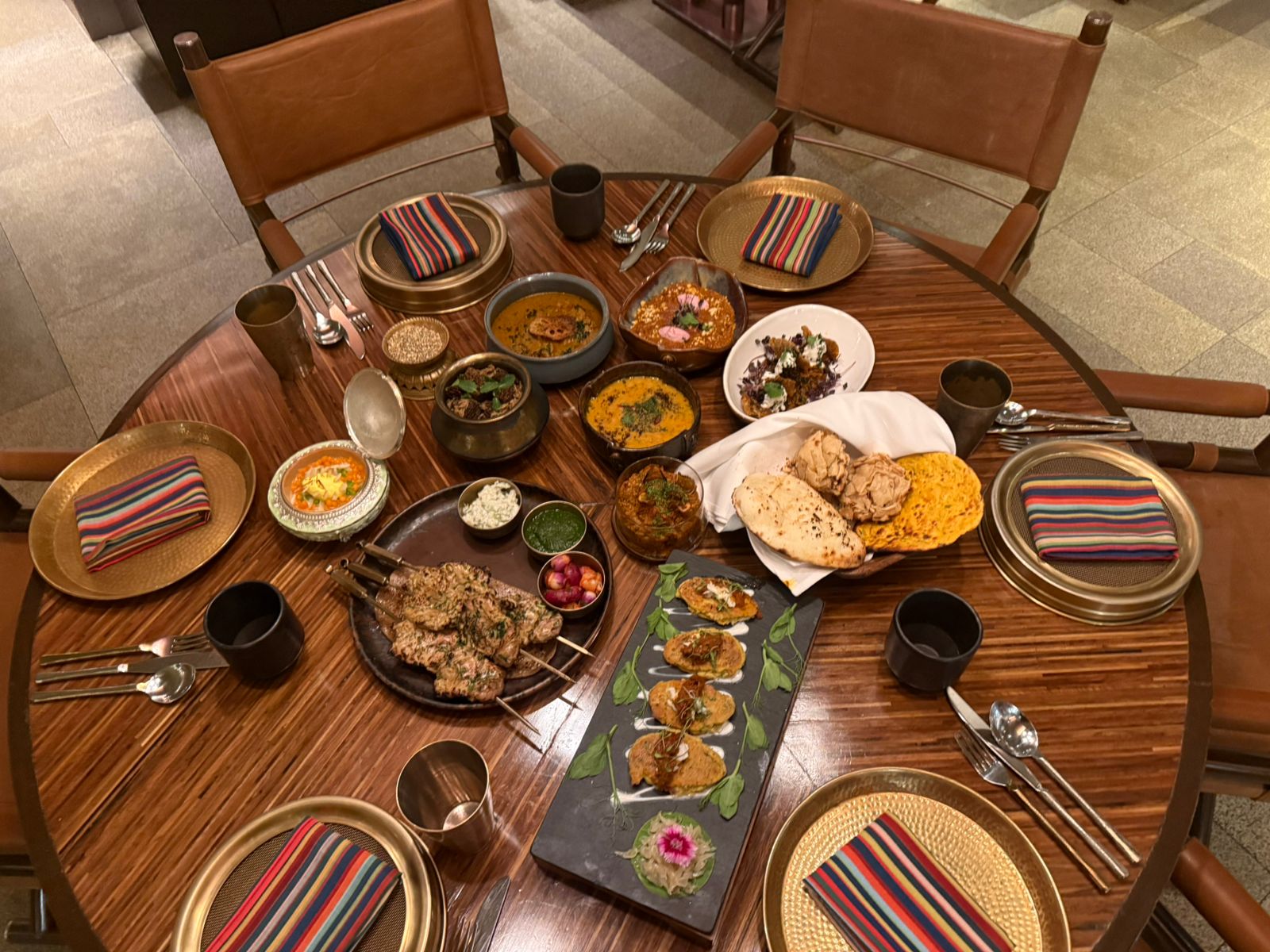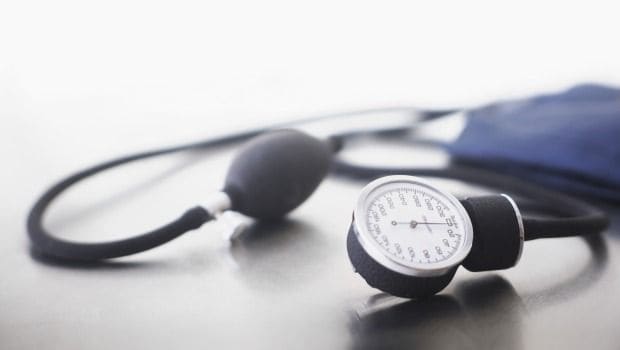As we celebrate National Nutrition Week, let's go back to grandma's kitchen cabinet to pick out timeless wisdom for wellness, health and healing. When we have bad headaches or our stomach rumbles and aches, grandma's home remedies come to our mind. Out would come the pots and pans, strange looking leaves and roots, and whatnot! Before you know, your headache, tummy woes or cold and cough caused by your overindulgent lifestyle is gone. Do you remember the time when your grandma would never let you leave home with an empty stomach, no matter how late you got? And, any protests on that matter would be sternly overruled with the remark that your pitta will increase. They had nuggets of health wisdom for every moment of the day. On this National Nutrition Week 2018, let's see what Ayurveda tells about hypertension.
Hypertension, according to Ayurveda, is caused due to imbalance in pitta dosha. It is important to back up here a little and understand what really doshas are according to Ayurveda. According to Dr. Nisha Manikantan, founder director, Sri Sri College of Ayurvedic Research and Sciences and the author of the popular book, 'Ayurveda Simplified,' "Life in Ayurveda is conceived as the union of body, senses, mind and soul. The living man is an assembly of three doshas (vata, pitta and kapha), seven dhatus or life supporting tissues like rasa (plasma), rakta (blood), mamsa (muscle tissues), meda (fat tissues), asthi (bone tissue), majja (bone marrow), and sukra (reproductive tissue), and the waste products of the body such as feces, urine and sweat."

Hypertension, according to Ayurveda, is caused due to imbalance in pitta dosha
Dr. Manikantan further explains that the growth and decay of the body matrix and its constituents revolve around food, which gets processed into doshas, tissues and wastes as mentioned above. "Ingestion, digestion, absorption, assimilation and metabolism of food have an influence on health and diseases, which are significantly affected by psychological mechanisms as well as by biofire (Agni)," says Dr. Manikantan.
Doshas are bodily humours, or bio energies, which determine the characteristics, traits and features of an individual. Doshas are known to govern the body organs and their functions. And when doshas are vitiated, the physiological functions of the body are also disturbed, which initiates the process of disease, called tridosas. But, in a state of equilibrium, they perform and control all the activities and processes of both body and mind, maintaining the health. The aim of Ayurveda is to maintain this state of equilibrium, something that is ensured through maintaining a consciously healthy lifestyle.
Hypertension sets in the system when pitta (combination of fire and water elements in nature) is vitiated for significant period of time along with the dominance of rajas guna (the principle of restlessness and activity). In other words, a stressful, hectic work life and dietary indiscipline with no rest for the mind and body are significant causes of hypertension.
Nowadays, people are aware of the benefits of maintaining a healthy lifestyle. They are willing to walk an extra mile, both literally and figuratively, to seek healthy options. The recent years have seen a significant rise in minimalist living and organic choices. People are managing hypertension with the help of two pronged approach - incorporating healthier exercise routines for both the body and mind, and by making dietary changes and resorting to an Ayurveda-prescribed diet.

Nowadays, people are aware of the benefits of maintaining a healthy lifestyle
Breathe Out Stress
One of the root causes of hypertension is stress, which is signalled by vitiated pitta. If you are equipped with tools to manage stress, half the battle is won. Stress increases the secretion of glucagon hormones in the body, which are responsible for increasing blood glucose levels. Yogasanas (postures), pranayama (breathing exercises), meditation, and sudarshan kriya along with a proper diet have been proven to reduce glucagon, which further improves insulin action.
The yogic science of breath is precisely 5000 years old, which is known to promote better health and wellness. It is one of the first sciences to recognise the impact of mind and emotions on creating and restoring optimal health. One of the most comprehensive breathing techniques derived from this science is sudarshan kriya. This breathing technique employs specific rhythms of breath that eliminate stress, support various organs and systems within the body, transform overpowering emotions, and restore peace of mind, thus, supporting the whole mind-body system.

Watermelon and apple can control blood pressure
Home Remedies For High Blood Pressure Are:
- Watermelon and apple can control blood pressure. One cup of watermelon juice early morning on an empty stomach is very beneficial.
- Those who go for morning walk should keep a small piece of ginger with 4-5 basil leaves and 4-5 small cubes of rock sugar in their mouth. This should be slowly sucked in order to control the blood pressure.
- A glass of warm lemon water can be consumed with a teaspoon of honey, two to three times a day.
- Potatoes, especially boiled, may help in lowering blood pressure. Boil them with their skin so that they absorb lesser amount of salt. A salt-free diet is recommended for patients with high blood pressure.
- Coriander powder mixed with honey can help manage blood pressure.
- Raw vegetable juices should be consumes, especially carrot and spinach. Spinach and carrot can be eaten in soups or salads too.
- Chew 20 neem leaves with water every morning.
With inputs from Dr. Nisha Manikantan's bestselling 'Ayurveda Simplified' and Dr. Ravi Parashar's ‘Gharelu Nuskhe’
Disclaimer:
The opinions expressed within this article are the personal opinions of the author. NDTV is not responsible for the accuracy, completeness, suitability, or validity of any information on this article. All information is provided on an as-is basis. The information, facts or opinions appearing in the article do not reflect the views of NDTV and NDTV does not assume any responsibility or liability for the same.









